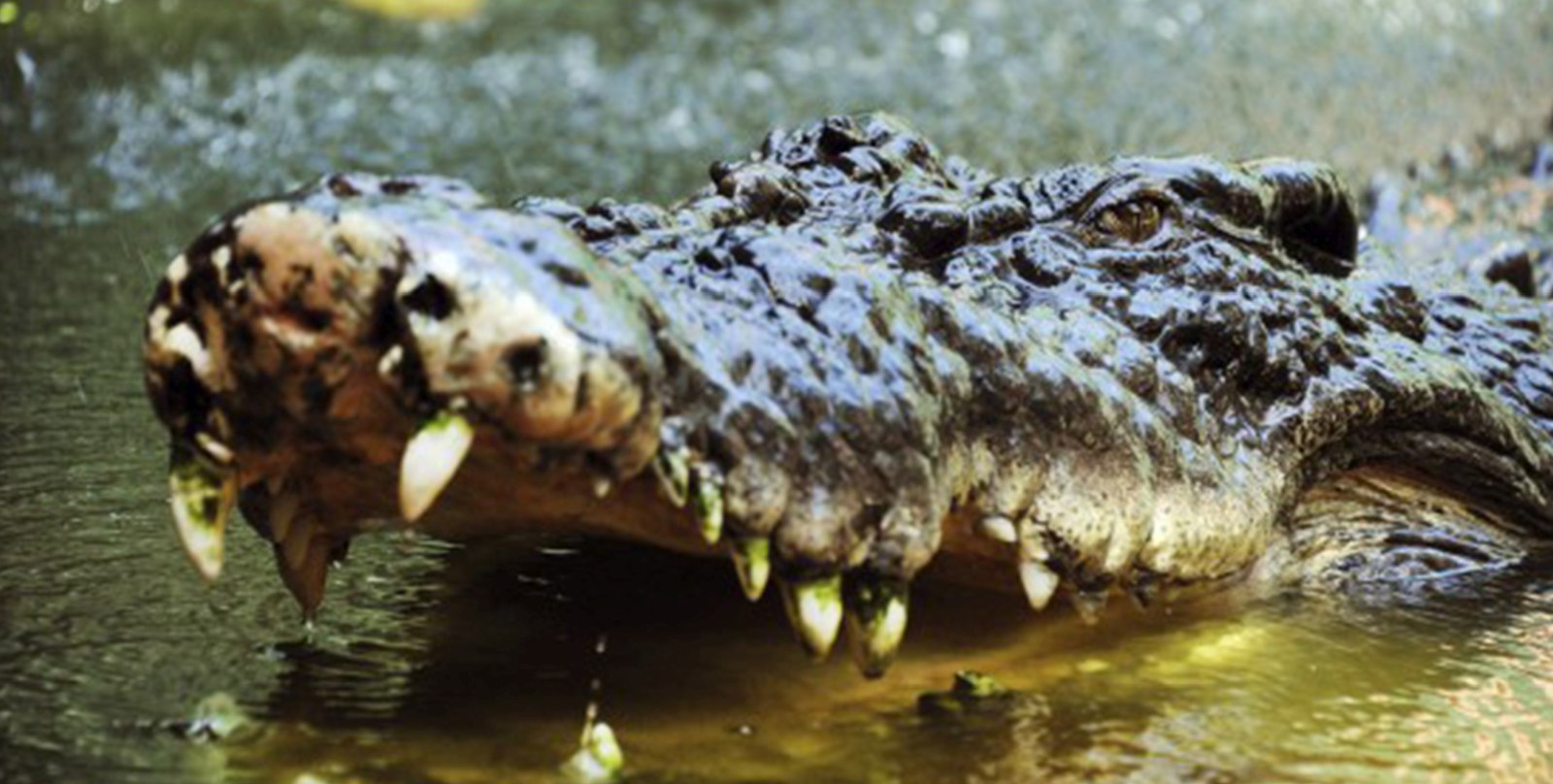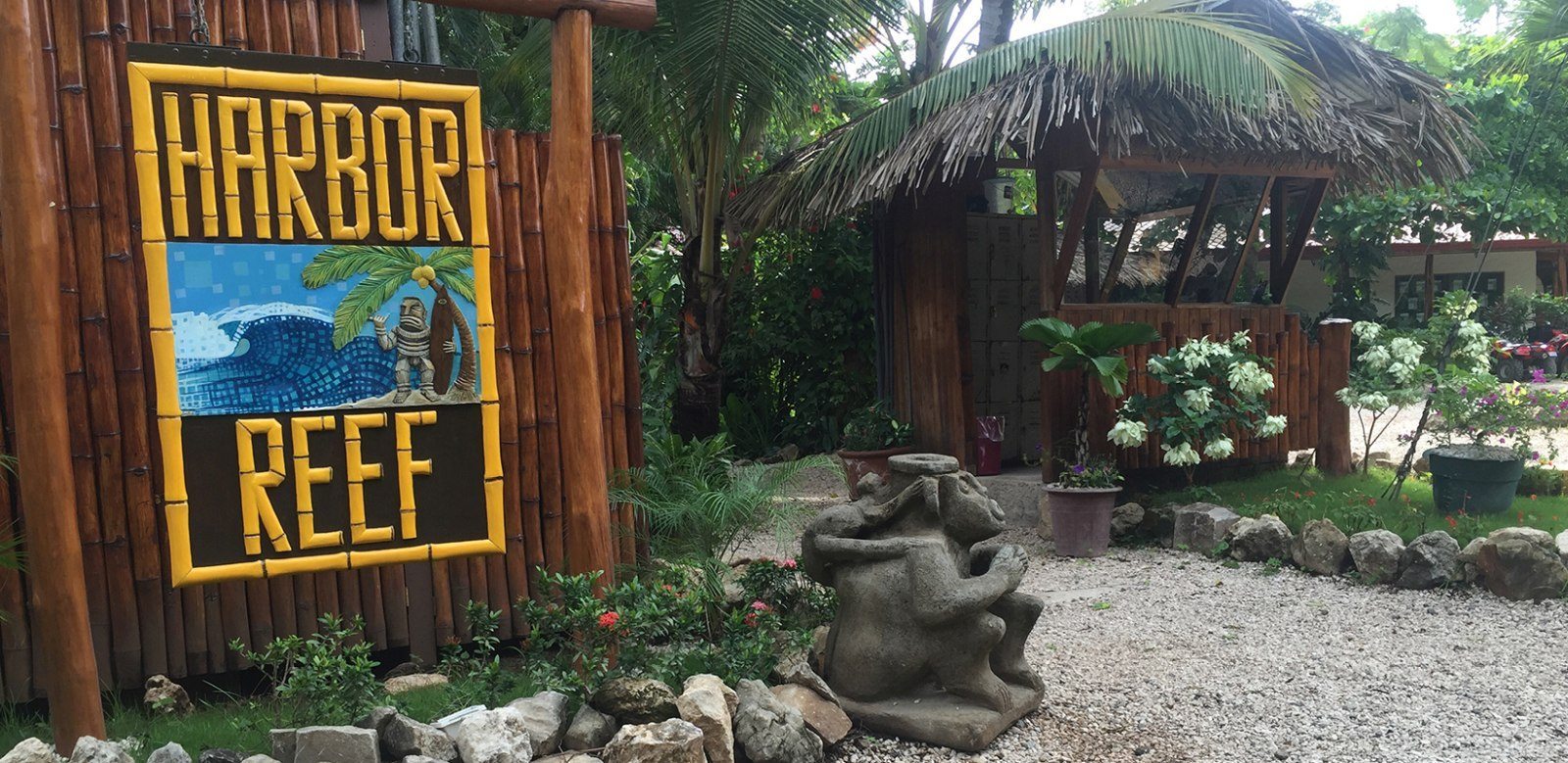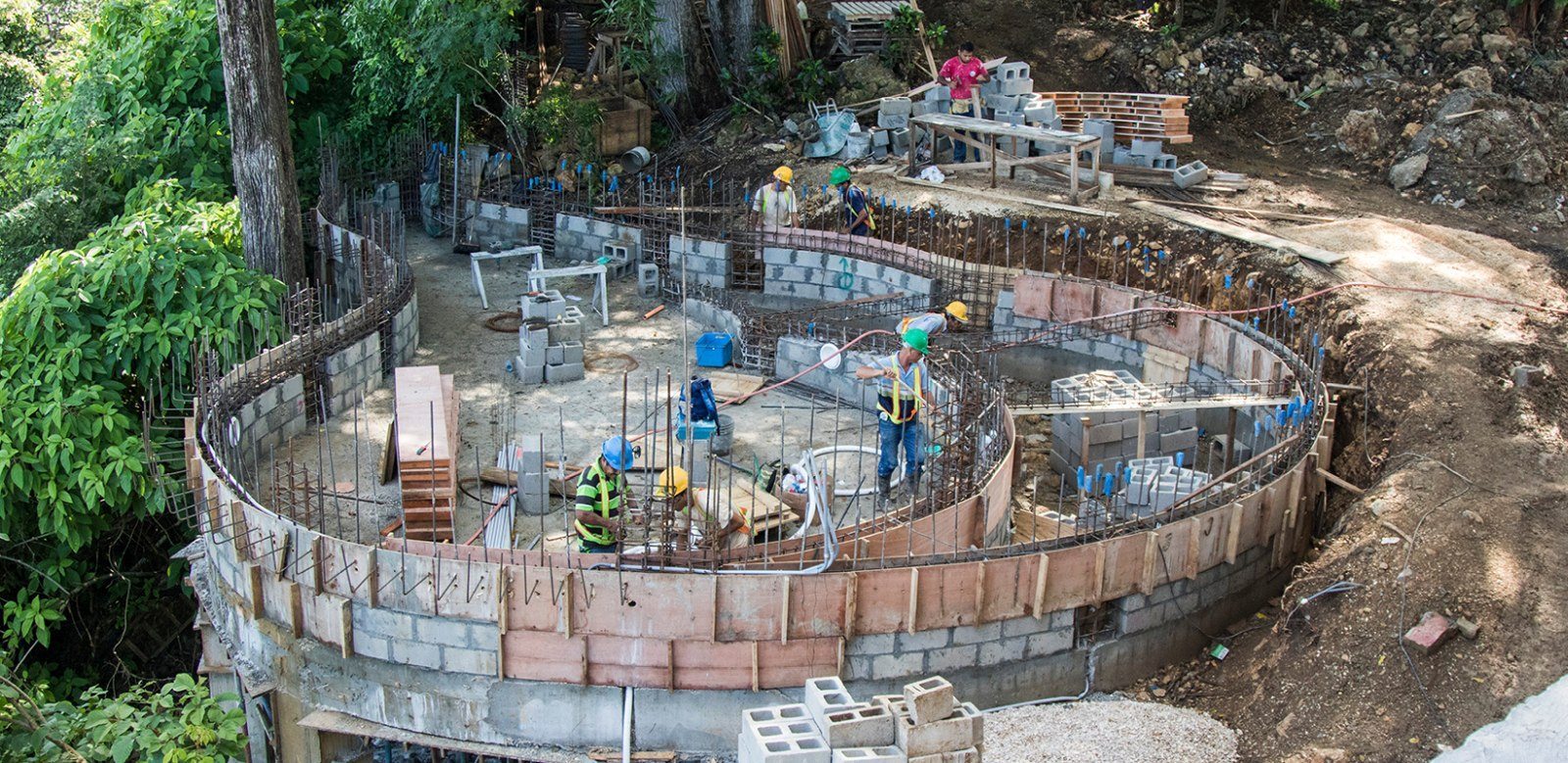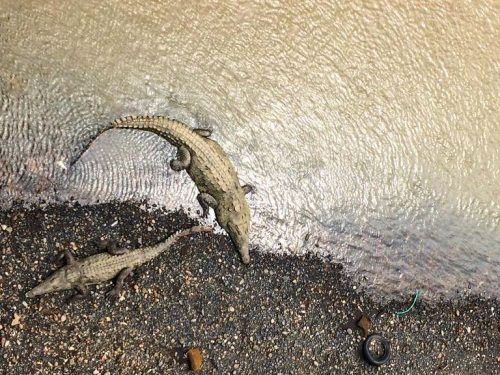
Frequent visits by crocodiles on beaches and rivers on the Pacific coast of Guanacaste have alarmed authorities from the area’s Chamber of Hotel Operators (CCH – Camara de Hoteleros).
On June 10, the CCH sent a petition to the Tempisque Conservation Area (ACT – Area de Conservacion Tempisque) requesting a technical and scientific explanation of whether or not the crocodiles’ behavior is natural.
In the letter, the president of the CCH, Gustavo Araya, requests ACT’s involvement and immediate response to the problems with the crocodiles.
“In recent days, crocodile sightings have increased, creating a state of alert among tourists that visit the Pacific coast, as well as our employees,” states the letter.
Flora Ayub, a representative of the CCH, explained to The Voice of Guanacaste that they are requesting that ACT implement a study to determine if an overpopulation of crocodiles exists or what factors are causing the atypical behavior of the animals. Residents of Carrillo, Camaronal, and Tamarindo beaches are reporting frequent sightings.
“We are worried that the animals are leaving their natural habitat; they have attacked domesticated animals and people. That’s why we are requesting that MINAE and ACT authorities tell us what to do, because we aren’t experts on the subject,” Ayud said.
Mauricio Mendez, an ACT official, indicated that people do not understand that crocodiles have their own place to live.
“They have come here to tell us they’ve seen crocodiles in a certain mangrove – mangroves are these animals’ habitat. They ask us what they should do, but the response is that there isn’t anything to do. The animals live there and are protected. The right thing is for tourists to not visit beaches that are close to a mangrove,” explained Mendez.
According to Mendez, on the Nicoya Peninusla the places that have been highlighted are the Coyote, Caletas, Carrillo, Parque Marino Las Baulas, Camaronal, Tamarindo and Iguanita beaches and the Tempisque, Cañas and Bolson rivers.
For her part, Jeimy Acevedo, a biologist for the ACT, said that the crocodiles’ behavior “is normal during the rainy season; [because] of the influence of rains the animals look to move from one place to another. In addition, it’s mating season [between May and August] and the movement happens every year and shouldn’t be seen as something new.”
Acevedo acknowledged that no studies exist on whether there has been an increase in the specie’s populations. However, she said that the research cannot happen quickly.
“With this year’s data we cannot quantify whether the population of crocodiles has increased or not; it merits ongoing study. Constant monitoring is needed and we have proposed creating a wildlife monitoring commission to establish controls,” she assured.
On the other hand, Flora Ayud, from CCH, indicated that until now the phenomenon of the crocodiles hasn’t affected the tourism or fishing sectors. But she believes that measures should be taken immediately.
“We still cannot say whether tourism has declined for this reason, but given the constant complaints by residents of the coast, it has become necessary to investigate the reasons behind the behavior of these animals to take response measures,” Ayud said.
For now, Ayud is awaiting a response from ACT and states that the CCH is willing to look for a joint solution to the problem.







Comments